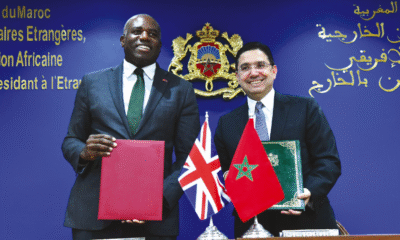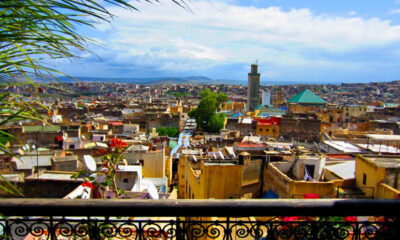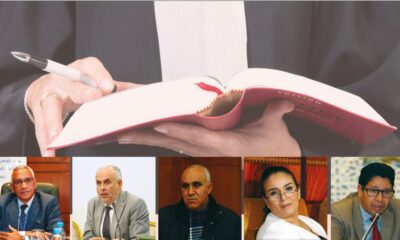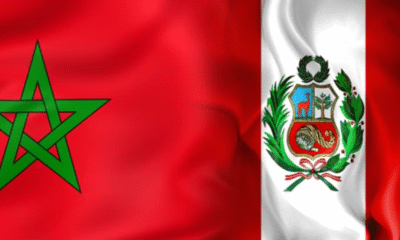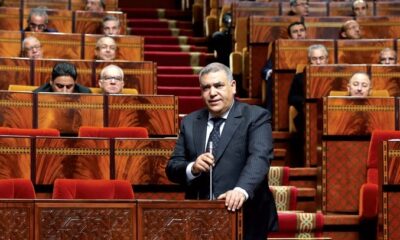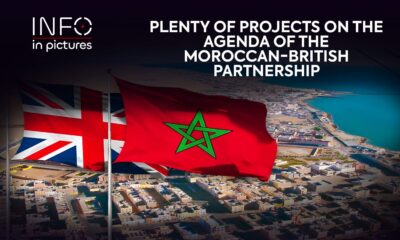Kingdom
Women’s Organizations within Political Parties: Between Present and History (2/2)
When discussing the “struggles” for women’s rights in Morocco, the topic is often framed through the lens of “feminine associativity.” Yet this very “narrative” finds its origins within certain political movements. It persists through a dynamic of “complementary role-playing.” [Examples]
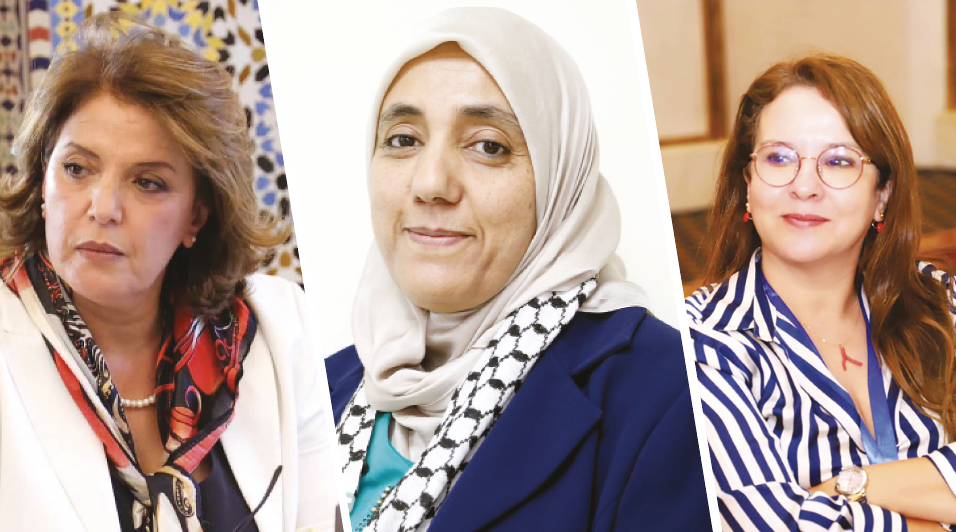
Khadija El Ghour – Popular Movement
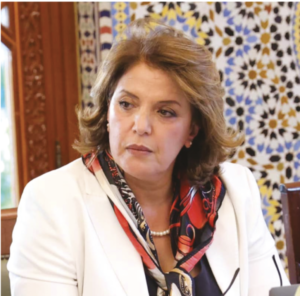 The creation of the Haraki women’s organization dates back to 2004, when Nezha Cheggaf was elected during its first congress. A birth marked by few hiccups but with “significant ambitions” to empower the group to “make an impact on a scene largely dominated by other organizations.” Two years later, following the merger of MP-MNP and UD, the three parties agreed to “reconstitute” the organization’s bureau. In 2009, the second National Congress renewed Cheggaf’s mandate for a second term. By 2014, the third congress saw leadership pass to Khadija Mourabit—a mandate she did not complete. The organization’s national council then appointed Fatima Mazzi. Five years later, Nezha Bouchareb, the former minister, took the reins. This entire trajectory unfolded without major turbulence. The real surprise came in 2023, when Khadija El Ghour, the former leading figure of women in the PAM (Party of Authenticity and Modernity), ran unopposed and decisively won leadership of the Haraki women. This was particularly unexpected as she was the “sole candidate,” leading some to speculate about “the hand of the party’s ‘strongwoman’!” Within decision-making circles of the Épi-affiliated party, “insiders deny this, asserting that no one was barred from running.” That said, the organization still struggles to assert its visibility. Within party ranks, members cite the “thorny issue of limited resources.”
The creation of the Haraki women’s organization dates back to 2004, when Nezha Cheggaf was elected during its first congress. A birth marked by few hiccups but with “significant ambitions” to empower the group to “make an impact on a scene largely dominated by other organizations.” Two years later, following the merger of MP-MNP and UD, the three parties agreed to “reconstitute” the organization’s bureau. In 2009, the second National Congress renewed Cheggaf’s mandate for a second term. By 2014, the third congress saw leadership pass to Khadija Mourabit—a mandate she did not complete. The organization’s national council then appointed Fatima Mazzi. Five years later, Nezha Bouchareb, the former minister, took the reins. This entire trajectory unfolded without major turbulence. The real surprise came in 2023, when Khadija El Ghour, the former leading figure of women in the PAM (Party of Authenticity and Modernity), ran unopposed and decisively won leadership of the Haraki women. This was particularly unexpected as she was the “sole candidate,” leading some to speculate about “the hand of the party’s ‘strongwoman’!” Within decision-making circles of the Épi-affiliated party, “insiders deny this, asserting that no one was barred from running.” That said, the organization still struggles to assert its visibility. Within party ranks, members cite the “thorny issue of limited resources.”
Saada Boussif – Justice and Development Party
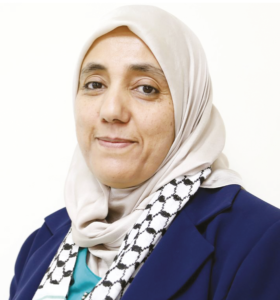
Initially, in 2011, Bassima Hakkaoui was elected president during the constitutive congress of the Women’s Organization of the Justice and Development Party (OFJD), held in 2018. The first formal national congress, held the same year, saw the rise of Jamila Moussali, who had previously served as Hakkaoui’s deputy. Hakkaoui attempted a comeback in 2022 during the second national congress but was soundly defeated by Saada Boussif. The university professor, who had held numerous leadership roles both within the party and in ministerial departments under the party’s governance during its two terms in power. Despite these leadership shifts, the core framework remains unchanged. The organization adheres to a directive that rejects anything misaligned with their worldview or vision for Moroccan society. Loyal to the “leader” who sets the tone, the OFJD’s recent campaigns—centered on reforming the Family Code—do not propose ideas but rather “dictate what must be done” to, in their words, “protect the family” and “not deviate from Sharia principles.”
Charafat Afailal – Party of Progress and Socialism
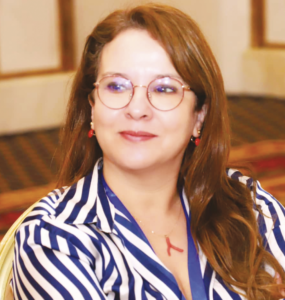
This is a party that must redouble its efforts to reclaim lost ground in its women’s “sector” in recent years. While women’s organizations increasingly amplify their voices, observers “question what exactly is happening” within the ranks of the women’s wing of the Party of the Book, particularly regarding visibility—even more so within the Forum Parité Égalité. Aside from occasional statements by party heavyweights on women’s issues, such as Family Code reform, the party appears less prominent in the debate than it was for decades. When asked, some activists offer evasive responses: “It’s complicated!” Others seem unwilling to shed light at all. Yet, since the Communist Party era, women’s rights have always been central to the party’s agenda, and it was long at the forefront. Many recall that the first organized nucleus of feminist activism emerged, in a sense, from the PPS’s core—specifically, the Democratic Association of Moroccan Women (ADFM), founded in 1985, with figures like Nouzha Skalli, Rabéa Naciri, and Amina Lamrini. Today, while some women stand out—like Charafat Afailal, referenced as the “go-to” on women’s issues in her role as coordinator of the aforementioned Forum—they remain few and far between, except when “discussing their own trajectories”!

